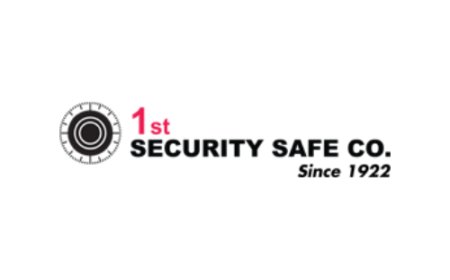Improve Employee Accountability with Timesheet Apps
In todays fast-paced and flexible work environment, maintaining employee accountability has become more important and more challenging than ever before. With the rise of remote work, hybrid teams, and asynchronous collaboration, businesses need smarter ways to track productivity and encourage ownership. Timesheet apps offer a powerful solution. They provide transparency, structure, and real-time insights into how time is spent, helping both employees and employers stay aligned toward common goals.
What Are Timesheet Apps?
A timesheet app is a digital tool that allows employees to log the hours they spend on specific tasks, projects, or clients. Unlike manual spreadsheets or paper records, modern timesheet apps automate time tracking, often integrating with project management, billing, and HR systems. These apps offer features like real-time tracking, automatic reminders, approval workflows, and visual reports, making it easier to monitor work without micromanaging.
Whether used by freelancers, agencies, or enterprise teams, timesheet apps help standardize time tracking and make accountability part of the workflow.
Why Accountability Matters in the Workplace
Employee accountability means that each team member takes responsibility for their tasks, deadlines, and performance. Its essential for:
-
Meeting project timelines
-
Maintaining team transparency
-
Delivering quality outcomes
-
Improving productivity
-
Encouraging professional growth
Without accountability, remote employees may lose direction, miss deadlines, or underperformoften unintentionally due to poor time management or lack of visibility.
This is where timesheet apps play a vital role.
How Timesheet Apps Improve Employee Accountability
1. Clear Time Tracking
Timesheet apps provide employees with a clear system to track the time they spend on tasks. This clarity helps workers become more aware of how their hours are allocated, promoting self-discipline and better time management. It also allows managers to identify time leaks or overwork early, addressing issues before they become major setbacks.
2. Real-Time Insights for Managers
With traditional systems, managers often rely on guesswork or constant follow-ups to understand how projects are progressing. Timesheet apps offer real-time dashboards, weekly reports, and activity breakdowns, giving managers a complete picture without needing to micromanage. This visibility fosters trust while still holding team members accountable for their work.
3. Reducing Time Theft and Idle Hours
Accurate time logs discourage time theft and unproductive behavior. When employees know their work is being monitored fairly and transparently, they are more likely to stay focused. Some apps even track idle time or allow optional screen capture features (with proper consent), adding an extra layer of verification.
4. Encouraging Transparency and Fairness
Timesheet apps level the playing field. Each employees contributions are documented, which can help eliminate favoritism or bias in performance reviews. Transparent records mean that recognition is based on data, not assumptions. Employees feel valued for their work and are more inclined to stay accountable.
5. Easy Integration with Payroll and Invoicing
For companies that bill clients by the hour or manage payroll based on hours worked, timesheet apps simplify this process. They reduce the chance of human error and prevent underpayment or overbilling. Accountability in time logging directly ties to financial accuracy, making it a crucial component of business operations.
6. Goal Alignment and Task Prioritization
Most modern timesheet apps allow employees to tag tasks, assign projects, or categorize time entries by department or priority. This encourages individuals to align their daily activities with larger team goals and helps them stay focused on what truly matters. Teams that prioritize well are naturally more accountable to deadlines and deliverables.
Best Features to Look for in a Timesheet App
If youre considering implementing a timesheet app to boost accountability, look for features such as:
-
Real-time tracking Start/stop timers or automatic logging for accurate records.
-
Project and task tagging Categorize time entries by client, department, or activity.
-
Approval workflows Let managers review and approve timesheets easily.
-
Reminders and notifications Reduce late submissions and ensure timely updates.
-
Reports and analytics Get insights into employee performance and time usage.
-
Mobile access Let teams log time on the go, perfect for remote or field workers.
-
Integration support Connect with payroll, HR, invoicing, or PM tools.
Creating a Culture of Accountability with Technology
Technology alone cannot build accountability. But when paired with clear expectations, trust, and consistent communication, tools like timesheet apps become part of a larger culture of responsibility. Here are some best practices to follow:
-
Set realistic and clear goals for your team.
-
Communicate the purpose and benefits of using timesheet apps.
-
Provide training and onboarding support.
-
Encourage honest time tracking rather than over-reporting.
-
Use the data to support growth, not punishment.
Conclusion
Timesheet apps are more than just digital punch clocks they are powerful tools for improving employee accountability in modern workplaces. By fostering transparency, enabling real-time oversight, and promoting self-management, these apps help teams stay aligned, productive, and focused on results.
As work continues to evolve beyond office walls, accountability remains a top priority for successful remote and hybrid teams. With the right timesheet app, organizations can empower their people, enhance performance, and build a culture where everyone takes ownership of their time and outcomes.












































